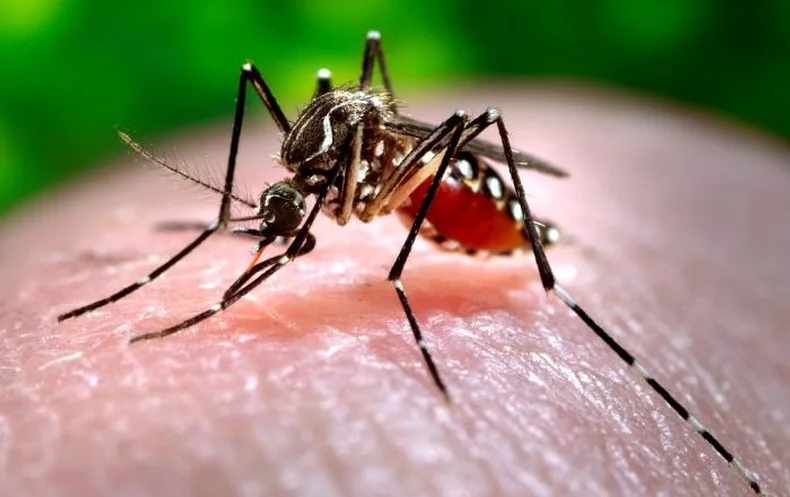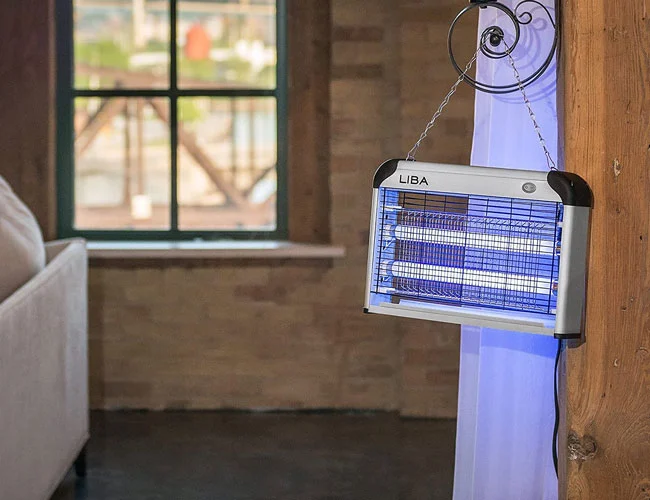A new device to fight Malaria
Malaria is a deadly disease caused by parasites transmitted through the bites of infected mosquitoes. Despite significant progress in reducing the number of cases and deaths globally, malaria remains a major public health challenge, particularly in Africa. According to the World Health Organization (WHO) (https://www.who.int/malaria/en/), an estimated 229 million cases of malaria occurred worldwide in 2019, resulting in an estimated 409,000 deaths. The vast majority of cases (94%) and deaths (93%) occurred in the African region. Malaria is a leading cause of morbidity and mortality in many parts of Africa, and it can have a devastating impact on individuals, families, and communities.
In an effort to combat this disease, researchers have developed a new device that could potentially help to reduce the transmission of malaria. The device, called the “Mosquito Zapper,” uses a combination of artificial intelligence and UV light to attract and kill mosquitoes.

According to the developers of the Mosquito Zapper (https://www.mosquito-zapper.com/), the device is able to attract mosquitoes using a combination of heat, light, and CO2, which mimic the presence of a human. The mosquitoes are then killed using a UV light, which is safe for humans but lethal to the insects.
One of the key advantages of the Mosquito Zapper is its ability to target mosquitoes specifically, rather than a broader range of insects. This means that it can be used in areas where other methods of mosquito control, such as insecticides, may not be effective or desirable. In addition, the use of UV light to kill mosquitoes means that there are no chemical residues left behind, making the Mosquito Zapper a safer and more environmentally friendly option.

In addition to its effectiveness in controlling mosquito populations, the Mosquito Zapper is also designed to be energy efficient and easy to use. It can be powered using a USB port or a solar panel, and it can be easily cleaned and maintained. This makes it a practical and convenient option for individuals and communities looking to protect themselves from malaria.
While the Mosquito Zapper is still in the development phase, the potential for this device to make a significant impact on the fight against malaria is clear. By targeting mosquitoes specifically and being energy efficient and easy to use, the Mosquito Zapper could help to reduce the transmission of this deadly disease and save lives. As it continues to be developed and tested, the Mosquito Zapper could play a vital role in the global effort to combat malaria and improve public health.
Overall, the development of the Mosquito Zapper is an exciting development in the fight against malaria. By using artificial intelligence and UV light to attract and kill mosquitoes, this device has the potential to be a powerful tool in the fight against this deadly disease. As it continues to be developed and tested, the Mosquito Zapper could play a vital role in the global effort to combat malaria and save lives.







